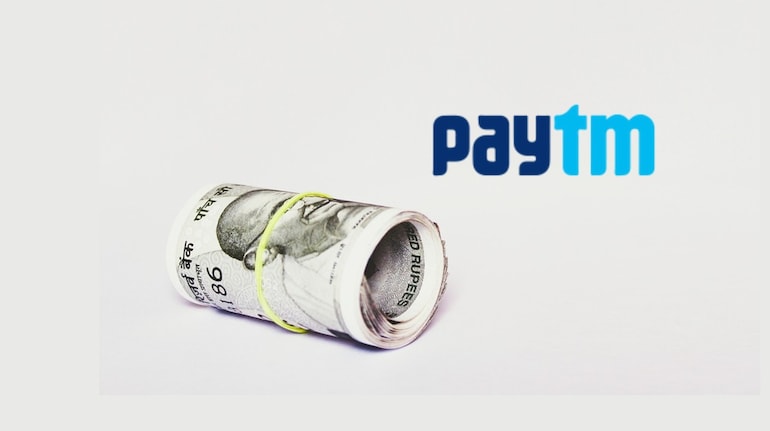



Paytm parent One 97 Communications has entered into a First Loss Default Guarantee (FLDG) agreement, its first, with SMFG India Credit, marking a significant shift from acting solely as a distributor of loans without offering guarantees.
Under the FLDG agreement, Paytm will provide a default loss guarantee of up to Rs 225 crore over time for loans disbursed by SMFG to merchants on Paytm platform, the company said on October 22 while sharing the numbers for the second quarter.
The guarantee will be structured as either a bank guarantee or a fixed deposit, enhancing security for lenders and enabling them to extend credit with greater confidence, it said in an exchange filing.
"From August 2024, we have started distributing merchant loans under the DLG model with one of our partners. The outstanding AUM amount for this portfolio as on 30th September 2024 is Rs 1,651 crore," it added.
The FLDG is a popular tool among fintech companies in India that allows them to partner with banks and non-banking financial companies (NBFCs). With this, Paytm will now absorb the first loss if borrowers default on payments. The move is significant as Paytm has avoided giving any guarantee on its loans under co-lending partnership to date. However, in the wake of tightening norms around lending, Paytm has take a shift in policy.
As part of its business model, Paytm earns sourcing and collection fees from these loans.
While the company anticipates incurring a financial expense of up to Rs 225 crore over time due to the guarantee, costs will be recognised upfront based on the expected credit loss (ECL) model, it further said.
"There is increased interest and comfort from existing as well as new lenders to expand the partnership due to better asset quality trends and higher demand from our merchants. Following the regulatory framework, and the emerging market practice, we see increased willingness from lenders to partner and allocate more capital in the DLG model," the firm said..
Revenue from personal loans down
Paytm reported a profit of Rs 930 crore for the September quarter from Rs 290 crore loss a year back, on the back of gains made from sale of ticketing business to Zomato. Its revenue dropped 34 percent to Rs 1,659 crore.
The fintech's revenue from financial services and others rose 34 percent QoQ to Rs 376 crore. The company attributed this growth to increase in collection bonuses in merchant loans and a higher share of merchant loans, which have higher take rates.
Paytm distributed Rs 3,303 crore merchant loans, versus Rs 2,508 crore in the previous quarter, while the personal loan distribution was down to Rs 1,977 crore versus Rs 2,500 crore due to tighter policies around unsecured lending.
Paytm's overall loans disbursed increased by mere 5 percent during the quarter to Rs 5,280 crore compared to June quarter, and a 70 percent fall from its peak of Rs 16,000 crore during the same period last year.
"Secured loan not a priority right now"
“We are not aggressively going towards secured loans,” said Paytm CFO Madhur Deora during the earnings call. He explained that while there are a few experiments in this area, secured lending is currently not a priority for the company. Instead, Paytm sees a “big opportunity in merchant and personal loans,” directing its efforts toward expanding partnerships in these segments.
On the topic of adding new lending partners, Deora noted, “We did add new partners and have few in the pipeline. But it is relatively small right now. We have to create more supply on the platform.” He acknowledged that partners remain cautious as the company navigates a “very cautious phase.”
At 12.24 pm, the Paytm stock was trading at Rs 675.05 on the National Stock Exchange, down 7.01 percent from the previous close.

Discover the latest Business News, Sensex, and Nifty updates. Obtain Personal Finance insights, tax queries, and expert opinions on Moneycontrol or download the Moneycontrol App to stay updated!
Find the best of Al News in one place, specially curated for you every weekend.
Stay on top of the latest tech trends and biggest startup news.